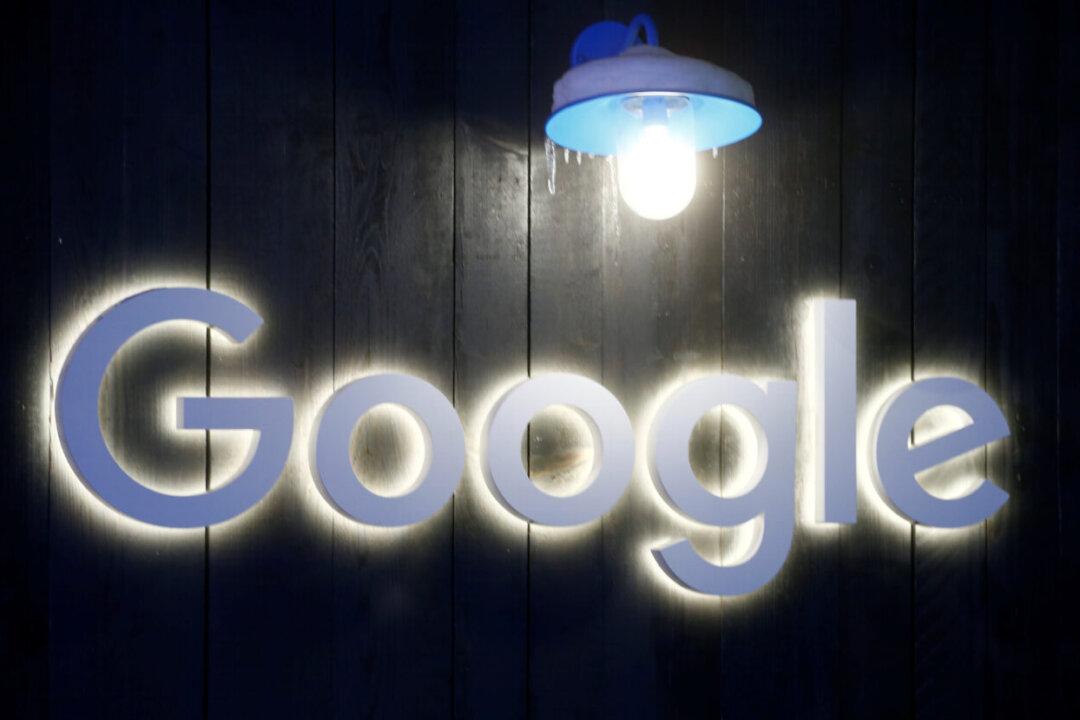Google is making an argument against its own liability protection by threatening to ban a right-leaning media outlet, The Federalist, from its advertising platform, according to Brendan Carr, a commissioner of the Federal Communications Commission.
Google put The Federalist on notice over what it described as violations of its policy against “dangerous and derogatory” speech in the comment section of The Federalist’s website.





